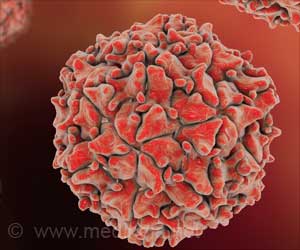LSTM researchers have investigated the possibility of utilising the Polio labs set up around the world to help tackle neglected tropical diseases.

‘The Global Polio Laboratory Network (GPLN) labs set up around the world may help tackle neglected tropical diseases.’





First Author, LSTM's Dr Lucas Cunningham, said: "The successful campaign waged against polio has eliminated the disease from most countries where is was once endemic, but there remains a group of diseases, namely NTDs, that affect about a billion people. We set out to see if these laboratories could be potentially expanded to address the need for a molecular diagnostic platform to NTDs, taking advantage of the Ghanaian lab's accumulated experience and resources." The paper describes a pilot study of the expansion that was carried out in the Ghana GPLN lab where 448 fecal samples were tested. The lab was able to successfully test for helminths, identifying a prevalence of 22% for the combined helminth infections. The design of the current study was not suitable to make any epidemiological conclusions, but did demonstrate the suitability of adapting a GPLN lab for the detection of helminths. Interestingly, 1% of samples were infected with Strongyloides for which there is no surveillance system at all.
"The study demonstrates a potential way forward in the monitoring and control of neglected tropical diseases that could be adapted and included in the legacy plan of the Global Polio Laboratory Network," says LSTM's Dr Emily Adams and the paper's senior author, "we are excited at the prospect of working with this team as we go forward'
Source-Eurekalert











